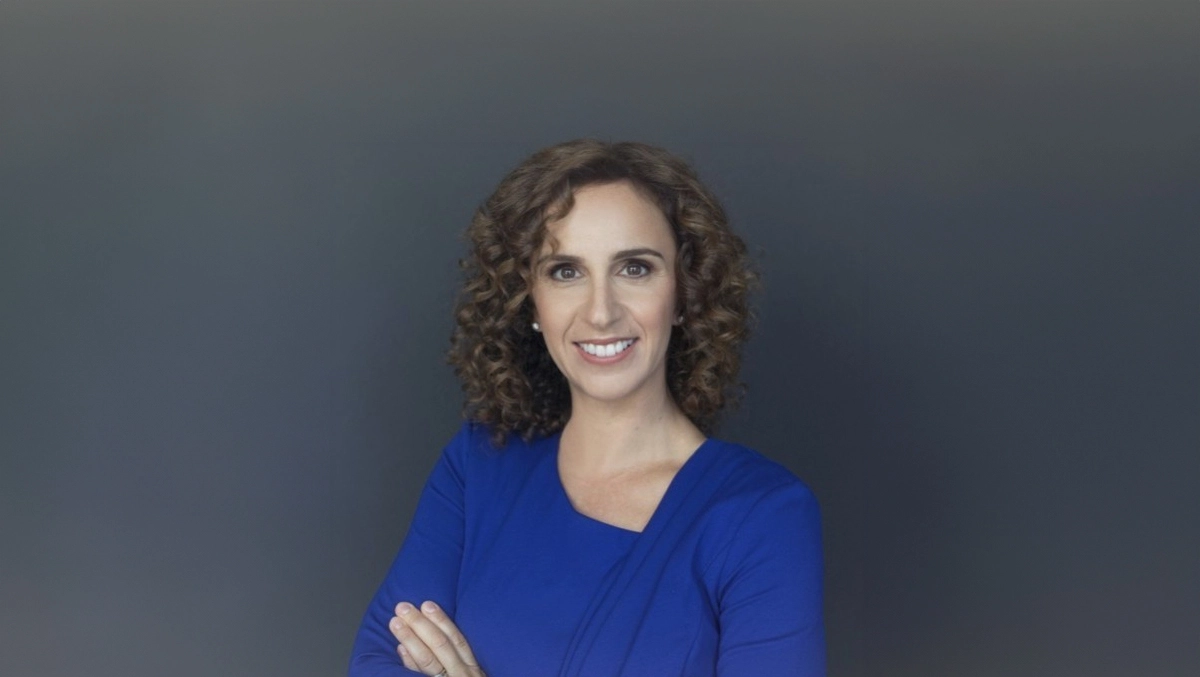Matt Haig's "The Midnight Library" is making the rounds at book clubs across the country. The book explores the notion of regret and second chances and how the idea of choice is intertwined with both these subjects.
The protagonist, Nora Seed, has lived a life filled with regret and through a visit to the Midnight Library is given the opportunity to see what her life would have been like had she made different choices. [Spoiler alert: The outcomes aren't always —if ever— what she had imagined.] As Nora works her way through the infinite number of books telling the alternate stories of her life, she learns that "you can choose choices but not outcomes," meaning that even the best decisions don't always have the intended consequences.
This got me thinking about an article I recently read, the author of which has opted out of participating in all-women panels. It's not that she feels they are inherently bad, but she does believe the choice to feature all-women panels as a way of giving women a voice—a good decision made with the best of intentions—has had unintended negative consequences. Namely, instead of presenting women's thoughts as equal to men's, they instead "[focus] on women's shared experiences unintentionally reinforc[ing] the false idea that this is their most valuable contribution, as opposed to their business and sector expertise, leadership acumen or learned insights."
As someone who has spent their entire career in a historically male-dominated field, this really resonated with me. At the start of my professional journey, I found easy camaraderie with the few women I encountered through my job, thanks to the fact that we were in the minority. Over time, these relationships evolved into strong, lasting friendships. Despite this, however, there have been many occasions when I was the only female voice in the room, and while I am happy to be that voice, I believe that we need to bring in even more perspectives.
What started as an effort to highlight women in the tech field over-rotated and put women back in a box, representing a voice within a select group. Instead of spotlighting our diverse experiences and backgrounds, women-only panels serve as echo chambers where our shared experiences are mirrored. They reinforce the idea that we are minorities in our field but also give rise to the notion that our voices only carry weight among other women.
What's more, the very affinity bias we were trying to avoid (panels composed solely of white, middle-aged men) comes into play as well. For those not familiar, the affinity bias says that people will gravitate toward those similar to themselves, meaning people hire and promote those who share commonalities like race, gender, age, or background. Look at most all-women panels, though, and you will find a very similar set of voices.
To be sure, we are more than a checkbox in the diversity column and aren't currently representing the full spectrum of voices worthy of attention. In failing to create more diverse panels, we are missing out on markets, opportunities, and – most importantly – perspectives we all need to hear. Women deserve to be an equal part of the broader conversation and tapped to sit on panels that allow us to communicate our experiences not just as women, but as leaders. Moving forward, we need to focus on genuine diversity, incorporating a mix of voices from various backgrounds and perspectives.
Back in the Midnight Library, Nora experiences countless "life do-overs,'' if you will, and discovers that "[d]oing one thing differently is often the same as doing everything differently." I posit that the one thing we need to start doing differently is giving women an equal seat at the main table.
